Elbrus Pharmaceuticals Caber 0.5mg
35.00€
EU Warehouse 2
Company: Elbrus Pharmaceuticals
Active Half-life (Hours): 62-70h
Group: Dopamine receptor agonists
Subgroup: Oral tablets
Dosage: 0.5 mg / tab
Application (Men): 0.50mg weekly
Product pack: 20 tabs
Content (active): Cabergoline
Retains water: None
Aromatization: None
Elbrus Pharmaceuticals Caber 0.5mg (Cabergoline)
Cabergoline is a dopaminergic derivative of ergoline and is characterized by a pronounced and long-lasting prolactin-lowering effect. Cabergoline affects the body by direct stimulation of D2-dopamine receptors on lactotroph cells in the pituitary gland. In bodybuilding, the drug is used to lower prolactin levels and eliminate the unwanted side effects of the anabolic supplement.
Effects of Elbrus Pharmaceuticals Caber 0.5mg (Cabergoline):
With the help of Cabergoline athletes can reduce adverse reactions attributed to anabolic steroid use, including gynecomastia, water retention and high prolactin level. Additionally, it boosts sex drive, erection and recovery.
Side-Effects:
The most common side effects attributed to Cabergoline are headache, dizziness, nausea, sleepiness, emotional distress, and stomach pains.
Stacking:
Ingenus Pharma Cabergoline 0.5mg can be safely applied in combination with AAS and SARMs like Anapolon.
Cabergoline: Managing Hyperprolactinemia and More
Introduction:
Cabergoline is a medication belonging to the dopamine agonist class, primarily used for the treatment of conditions associated with elevated levels of prolactin, a hormone produced by the pituitary gland. This article provides a comprehensive overview of Cabergoline, covering its uses, mechanism of action, and considerations for individuals contemplating its use.
Understanding this drug:
This drug acts as a dopamine receptor agonist, specifically targeting the D2 receptors. By stimulating these receptors, the medication inhibits the secretion of prolactin from the pituitary gland, thereby normalizing elevated prolactin levels in the bloodstream.
Medical Uses:
1. **Hyperprolactinemia:** This drug is most commonly prescribed for the treatment of hyperprolactinemia, a condition characterized by abnormally high levels of prolactin. Elevated prolactin levels can lead to various issues, including menstrual irregularities, infertility, and galactorrhea (discharge of milk from the breasts) in both men and women.
2. **Prolactin-Secreting Tumors (Prolactinomas):** This drug is an effective treatment for prolactin-secreting tumors of the pituitary gland, known as prolactinomas. It helps shrink these tumors and reduce prolactin production.
3. **Parkinson’s Disease:** In some cases, this drug is used in the management of Parkinson’s disease, a neurodegenerative disorder. It helps improve motor function by acting on dopamine receptors in the brain.
Mechanism of Action:
Cabergoline’s primary mechanism of action involves stimulating D2 dopamine receptors in the pituitary gland. This stimulation inhibits the release of prolactin, thereby reducing its circulating levels in the blood.
Considerations and Potential Side Effects:
1. **Cardiovascular Effects:** Caber has been associated with potential cardiovascular side effects, including hypotension (low blood pressure) and, rarely, valvular heart disease. Regular monitoring may be necessary.
2. **Neurological Effects:** Some individuals may experience dizziness or drowsiness while taking Cabergoline. Caution is advised when performing activities that require alertness until the individual’s response to the medication is known.
3. **Psychiatric Effects:** Rare cases of psychiatric side effects, such as hallucinations and impulse control disorders, have been reported with Cabergoline use.
4. **Pregnancy and Lactation:** Caber is generally not recommended during pregnancy and lactation. It should be used cautiously in women of childbearing age, and effective contraception is advised.
Conclusion:
This drug, with its efficacy in normalizing prolactin levels, plays a crucial role in the management of hyperprolactinemia and associated conditions. While generally well-tolerated, its use should be guided by healthcare professionals who can assess its appropriateness based on individual health status and potential risks. Regular monitoring and open communication with healthcare providers ensure a safe and effective experience for those considering this drug as part of their treatment plan.
While this drug is primarily prescribed for medical conditions such as hyperprolactinemia and certain pituitary tumors, it has gained attention in bodybuilding and athletic communities due to its potential impact on hormones. Bodybuilders may misuse or abuse medications in an attempt to modulate their hormone levels, enhance performance, or manage side effects from anabolic steroid use. It’s important to note that the non-medical use of this drug for bodybuilding purposes is not supported by medical professionals and can lead to serious health risks.

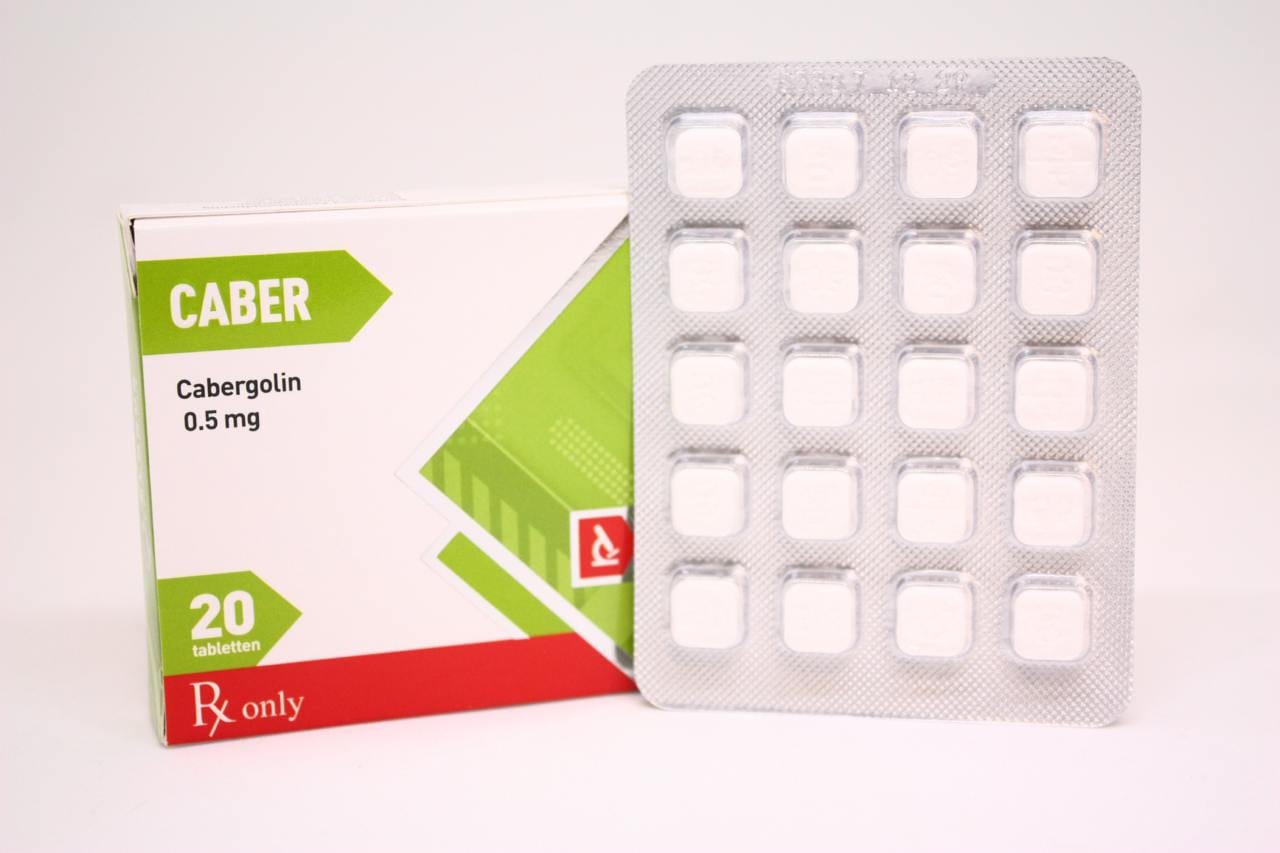
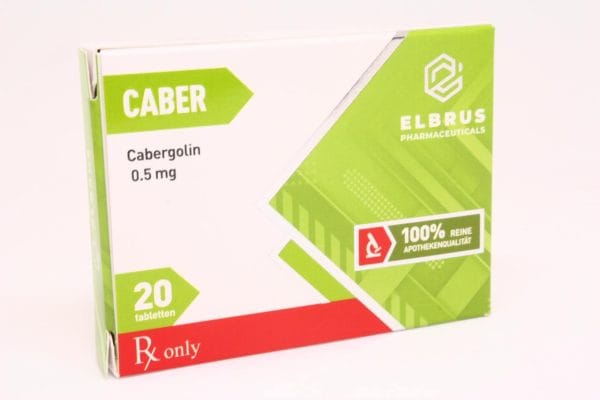




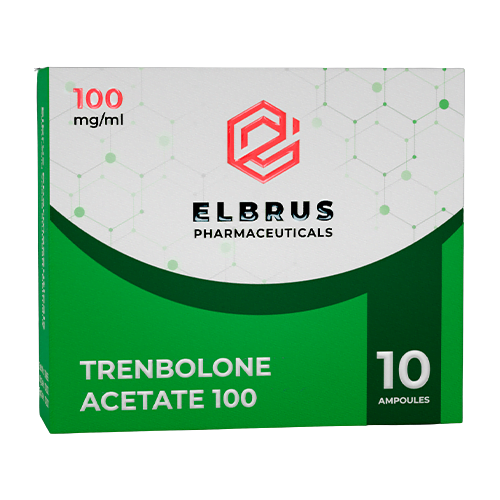
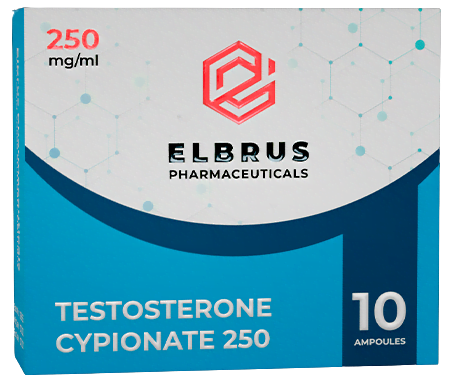

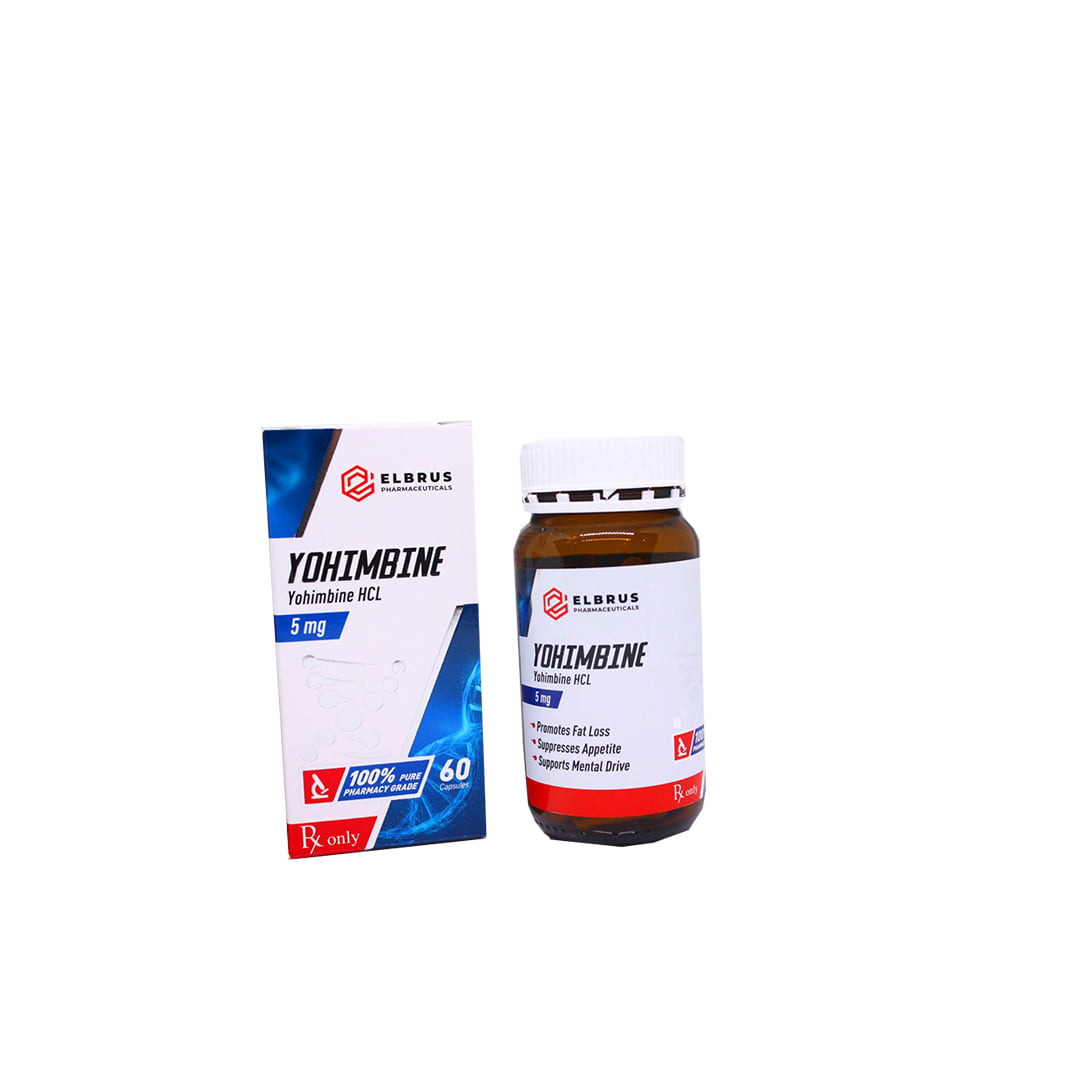
Reviews
There are no reviews yet.